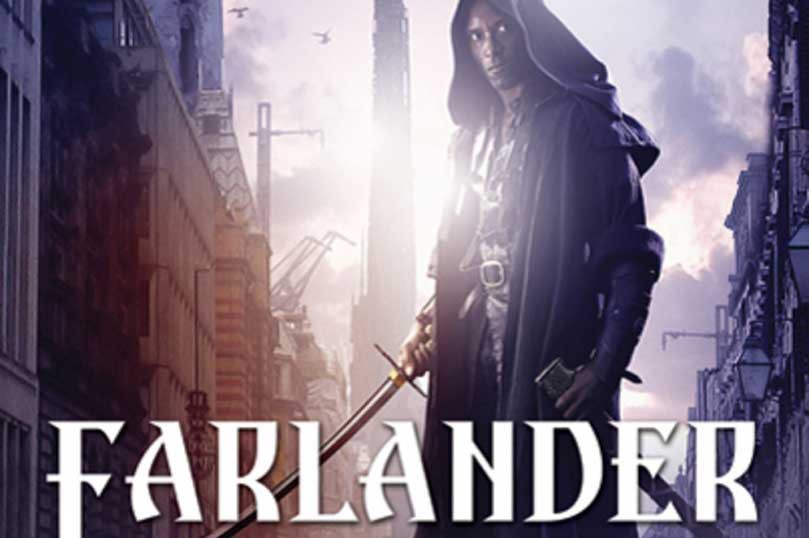Memory of Light Backpack Sweepstakes
Memory of Light Backpack Sweepstakes We are offering the chance to win one of five Memory of Light backpacks! Each backpack will include a copy of Forge of Darkness by Steven Erikson, Mistborn by Brandon Sanderson, Imager by L.E. Modesitt, Jr., Farlander by Col Buchanan, The Sword-Edged Blonde by Alex Bledsoe, Range of Ghosts by Elizabeth…


